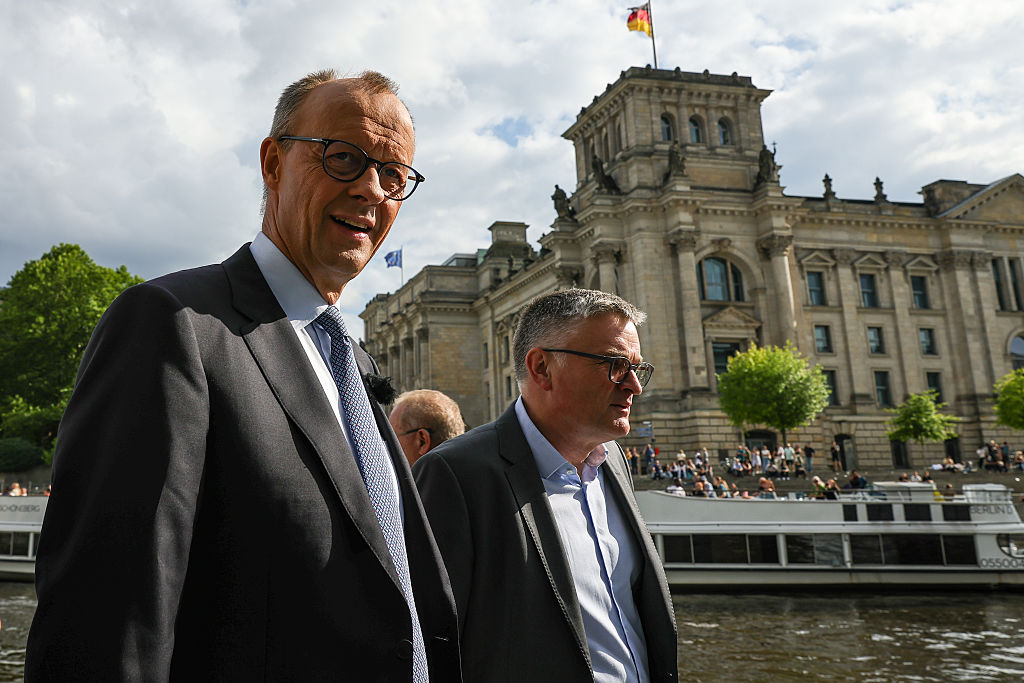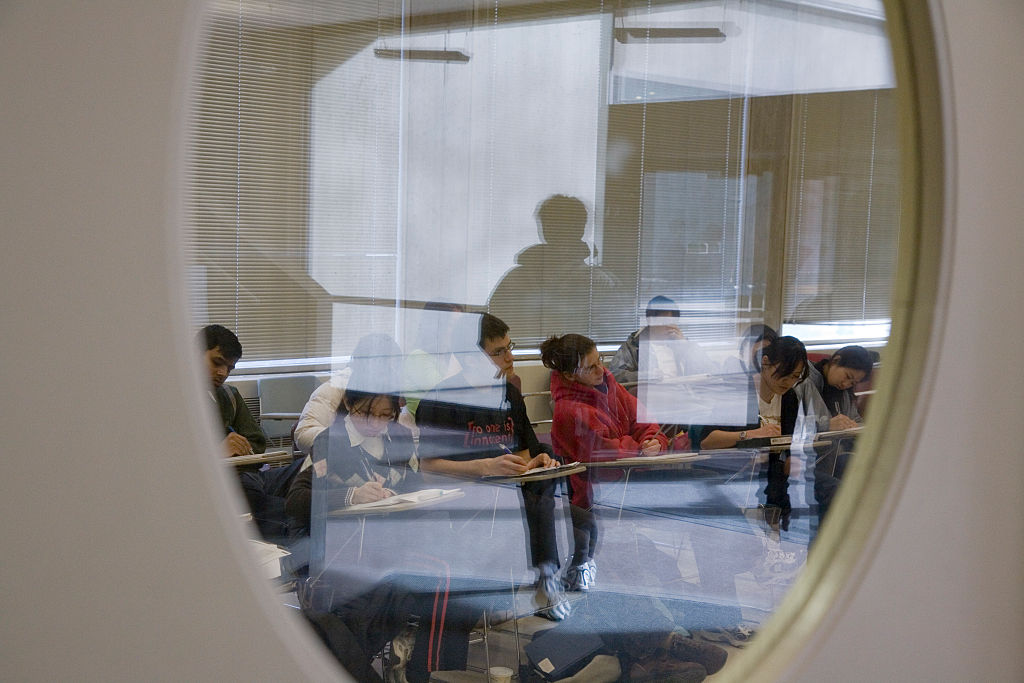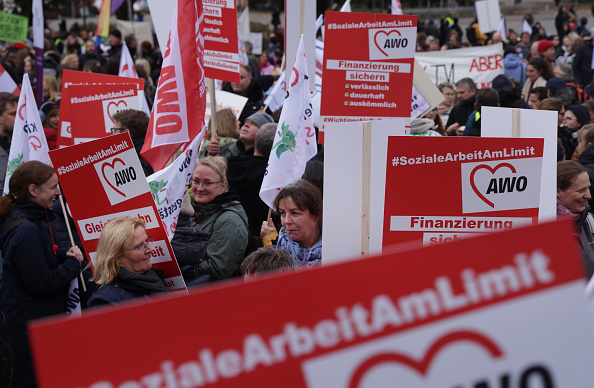German Conservative heavyweight politician Markus Söder said he wanted to exclude Ukrainians in Germany from the country’s increasingly expensive social welfare scheme, the so-called Bürgergeld (“citizen’s stipend”).
“We have to take care that Ukrainians are no longer claiming Bürgergeld, Söder, Minister-President of Bavaria and leader of the Christian Social Union in Bavaria, told state broadcaster ZDF on August 3.
“Ideally, this would not only apply to those who come in the future but to all of them,” he added.
Söder highlighted that Ukraine was the only country worldwide whose citizens could claim welfare immediately on arrival in Germany without first having to go through asylum proceedings.
“That is why there are so few Ukrainians in Germany who are in gainful employment, even though they are well-educated,” Söder concluded.
The Christian Social Union (CSU) is sister party of the Christian Democratic Union (CDU) of German Chancellor Friedrich Merz. Söder is well-respected in that Conservative sector.
The Conservatives and their coalition partner, the SPD, had previously agreed to end the immediate welfare authorisation for newly-arrived Ukrainians but not for those already living in Germany following the Russian invasion in 2022.
Söder demanded that decision be reviewed in light of the US tariffs on European goods, which he said would necessitate “an update of what is economically necessary”.
His initiative was acclaimed by other Conservatives. Michael Kretschmer, Prime Minister of the State of Saxony, said: “I believe in equal conditions for everyone. Those who are able to work must be able to go to work. And we want to continue to help those who are in need.”
He added that in countries such as France, the Netherlands, Czechia or Poland, a much higher percentage of Ukrainians was working than in Germany.
Merz’ chief-of-staff Thorsten Frei echoed the sentiment: “Markus Söder is indeed correct when he states that we are delivering services here that no other country in the world is providing.”
The ambassador of Ukraine to Germany, Oleksii Makeiev, called Söder’s proposal “hard to understand”, saying: “I don’t think it’s right to make the Ukrainians the scapegoat. I am grateful to the federal government and every German taxpayer for any help they give my fellow citizens.”
The Bürgergeld is an area of contention between CDU and SPD. The system was introduced under the left-leaning predecessor government. It’s use has been repeatedly criticised as disincentivising people from seeking active employment.
Moreover, the costs of the Bürgergeld system are exploding. In 2024, Germany paid out almost €47 billion under the scheme – about €6 billion of which went to Ukrainian recipients.
Merz has vowed to reform or abolish the system but so far his left-wing coalition partner has dug in its heels.





